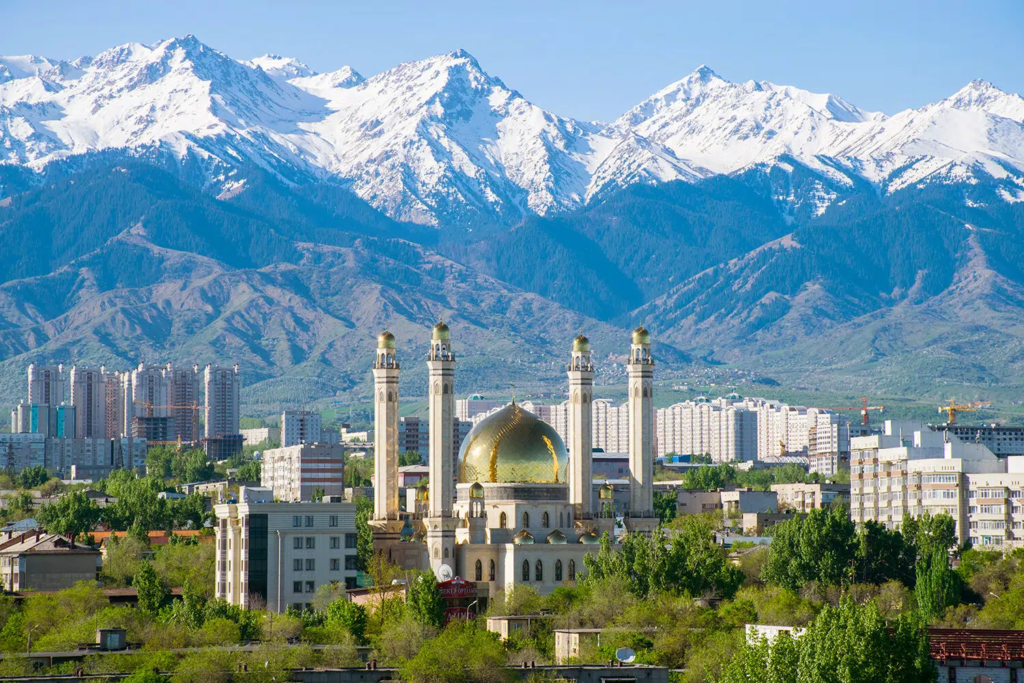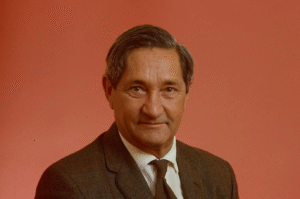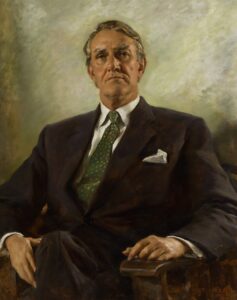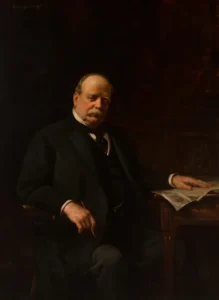My career in mining and metallurgy is long and varied. I have worked for mining majors and both large and small consulting firms. So, while most of my working life has been spent in Australia there have been quite a few jobs in Africa, South America, North America and Europe. But from April 2017 until December 2019, I was based in Kazakhstan. Why, may you ask? Because I was offered a job with the largest mining company in Kazakhstan to run their capital project portfolio. So, I left my family back here in the comfort of Perth and headed off to Astana, the capital of Kazakhstan.
Where is Kazakhstan and how does it fit in the modern world? Kazakhstan is in central Asia. It borders Russia to the north, China to the east, and Uzbekistan to the South.
Kazakhstan was part of the USSR until 1992 when it gained its independence. But it was part of the Russian empire from the 17th century. Ethnically, Kazakhs are closer to Mongols and Chinese than European Russians. The area now covered by Kazakhstan was invaded by Genghis Khan back in the 14th century. So, their history is about as far removed from Australia as possible.
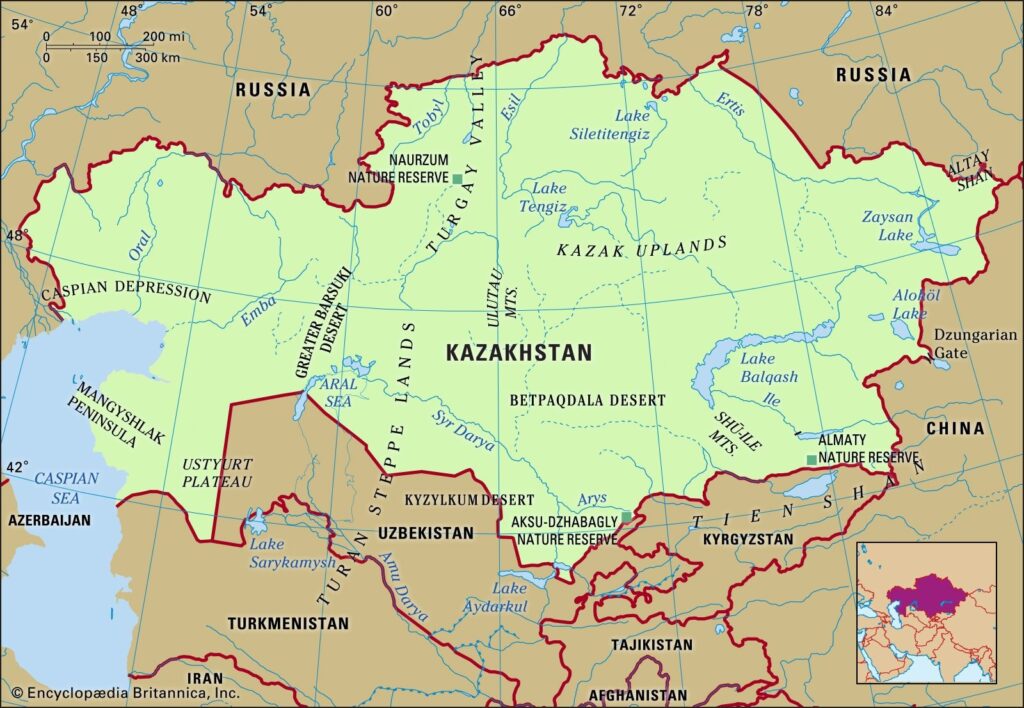
But in some respects, Kazakhstan is similar to Australia. Large in area, with a low population density, it is dry, and a strong resources and agricultural industries. But it is bitterly cold in winter, has terrible wine, and the locals eat way too much horse in its national dish (bashmarak). They also have some strange national sports based on traditional skills.
So, what is life like in Kazakhstan today? The Kazakhs call themselves a post-Soviet society. While the Soviet Union collapsed in 1991, leaving Kazakhstan to become independent in 1992, there are still strong linkages to Russia. Kazakh law is still based on Russian law. Much of Kazakhstan’s imports come from Russia and it is also the major export market for minerals. Even Kazakh oil flows through Russia. The Kazakh education system is based on the Russian system. In mining, design standards are based on Russian standards, geological resource management is based on Russian standards, and even cost estimating, and government approvals are based on Russian standards. This creates major inertia as the standards are detailed, rarely changed, and based on the old Soviet management model of being extremely prescriptive. The result is as a manager you feel like you are fighting the system whenever you try to do anything. The net result – nothing happens.
We have all heard about the high level of corruption in Russian business. So, the first question I get is – is corruption widespread? I can honestly say that I was never asked for a bribe, nor did I have to offer a bribe to ensure something happened. But then I was a special case. Everyone knew I was not a local. I did have to sack three people for taking kickbacks from suppliers. Similarly, one of my HR team was sacked because he was taking $500 to put applicants on recruiting shortlists. And my assistants were always warning me about being careful with certain people because they couldn’t be trusted.
This issue of trust is very important to understand. The Kazakh culture is a mix of ethnic Chinese and Soviet Russia. The Chinese element is all about family. This is more than just blood relations. It is those people you feel close to. These are people you trust. And if you can trust them then you can do business with them. But if you don’t trust them, you won’t do business with them. This sounds just like Australia, right? No. In Australia, property rights and the rule of law mean that you can generally rely on contracts and contractual relationships to form at least initial business relationships. In Kazakhstan, while there is contract law and law courts, I was told by lawyers that you can’t rely on the court system. This is to the point that knowledgeable Kazakh companies avoid signing contracts under Kazakh law, where they can avoid it. This avoids the whole issue of Kazakh courts which can give weird rulings.
To give a simple example of this in practice. Whenever you are supplied with a physical product or service you must sign an acceptance form. This is to say that the product or service has been delivered as expected. So, when you check out of a hotel in Kazakhstan, as well as paying the bill you have to sign the form to say the hotel provided everything as per its original contract. And when you buy an electrical appliance, say a vacuum cleaner or a USB drive, you go to the checkout, and get the bill, then a service rep takes the item and plugs it in to ensure that it works, and they show you it works, and then you sign the contract completion form. Only then do they take the money and give you goods and you leave. The point is that you cannot leave the store and then come back and complain that the goods don’t work and ask for a replacement or refund.
Now I was building large mineral processing plants, but it was the same issue. There was a formal acceptance by the client of the supplied goods, be it steel, concrete, or a completed plant. Once we had signed the acceptance certificate couldn’t then ask for more work or take legal action, under Kazakh law. This sounds like a simple process to implement. However, it was highly bureaucratic and took a long time and lots of resources. And that is Kazakhstan at its core. Everything takes way too long, has too many forms and consumes resources which in the West we cover with good relations based on trust backed up by enforceable property rights through a well-functioning legal system.
So, what is business like in Kazakhstan? I was running a capital projects team trying to spend US$500M/a. I can say that I just could not spend this much money well. Why? Well first, the Kazakhs still struggle to understand value. They can all do NPV calculations. But they are poor at economic trade-offs. They don’t have a feel for business, so any question is resolved by more analysis and larger spreadsheets. The people working for me were very well trained, generally engineers, accountants, commercial specialists, and HR specialists. However, their training and subsequent experience did not involve them looking at options or testing trade-offs. Instead, their decisions were based on what the boss wanted. Not just their boss but the boss of the company who employed them. There was very little accountability for performance and almost no discretion. Why? Because you couldn’t be sure if you could trust the people who were working for you.
An excellent example of this is the company’s Internal Audit team. The Internal Audit team did not report to the CEO of the company but to the Central government. The government was a shareholder of the company, but just imagine effectively having a government corporate police force in your business. And imagine what it feels like if you are under investigation. And then think about the level of trust in the business and whether you would be willing to take a risky decision.
Another question often raised with me – how did oligarchs come about? The business I worked for was owned by three oligarchs and the government. From my understanding of the history of Kazakhstan from the 1990s, the successful oligarchs were the ones with close relationships with the new President, in Kazakhstan’s case Nursultan Nazarbayev, and they could see how to integrate value-creating business units from a series of physical assets. The Soviet Union did not create cost-effective and efficient infrastructure. Instead, infrastructure was placed where it could create jobs for a local community. It’s a bit like building a shoe factory in Alice Springs, or a computer manufacturing centre in Bourke. But those assets were in place in 1992, as the USSR collapsed. The successful oligarchs worked out which of these assets could collectively make money and then purchased them cheaply. All assets were for sale cheaply, but very few of them were value-adding.
From my perspective, the close relationship of Oligarchs with the President was a necessary but not a sufficient condition for success. You had to have good financial and management skills. I don’t know anything about the Wagner Group, but I am pretty sure that the former (now deceased) CEO, Prigozhin, was far more than just Putin’s chef. He would have been a good businessman. But he was only allowed to stay as CEO while he retained Putin’s trust. And that ended as you would expect.
What about misinformation and disinformation? I had left Kazakhstan before the Ukraine war started so I have no direct knowledge of what is happening now. But when I was there, Putin came for a state visit and the government shut down the internet. There was no internet access, either with wired or wireless networks for the 2 days Putin was in the country. Similarly in early 2020, when there were political riots across Kazakhstan the government shut down the internet again and took the phone system back to 2G. This allowed analog calls and text messages, but no photos could be shared. I understand this was to ensure that further anti-government protests could not be organized on social media.
Are there political parties and elections in Kazakhstan? There is a single central government. There are regional Mayors, but they report directly to the President. There are elections for the President and the Mäjilis (lower house) and some of the Senate. But a bit like Russia the final result has typically been over 90% of votes go to the President, but in 2023 the ruling Nur Otan party only received 5 times the vote of the next largest party. So, the Nur Otan party is in complete control, or more specifically President Kassym-Jomart Tokayev is in complete control. Now it is not that President Kassym-Jomart Tokayev is operating like a dictator, but he certainly has those powers. And there is minimal oversight to minimise corruption. The net result is that Kazakhstan was rated as #158 on the Freedom in the World Index in 2021, while Australia was #11. Similarly ranked countries were Cambodia, Oman, and Ethiopia
This is all that currently happens. It helped create the sclerotic society that was the USSR. The system was set up for complete stability and not change let alone improvement. And that’s what they got. But the West, based on its Freedom, Free Market Economics and Individual Responsibility created a far more dynamic culture and economy that completely bypassed. Interestingly almost without exception the Kazakhs and Russians I know all blame Gorbachev for the demise of the USSR. This line is still carried by Putin that the break-up of the USSR, and by implication the demise of the Russian empire, was one of the tragedies of the 20th century.
So, what do the Kazakh people want? I can’t provide a well-researched answer. But my straw poll from associates reveals the following;
- Stability – while ensuring basic fundamentals of life are provided (food, shelter). The social safety net in Kazakhstan provided by the government is very low so stability with employment opportunities is valued more highly in Kazakhstan than in Australia where we can assume this. This is especially true for older Kazakhs, those over 45 who grew up as part of a communist state and stability was supposed to be provided by the State / Party.
- Freedom to live their lives – like many Australians younger Kazakhs want the opportunity for travel before setting down, owning their own apartment/house and starting a family. The cultural drive for Kazakhs to marry and start a family is much stronger than in Australia. Young ladies, especially, are under pressure to find an appropriate husband. (Note – homosexuality remains illegal in Kazakhstan.) Part of this drive to travel seems to be to be young Kazakhs testing where they would prefer to live, as opposed to the Aussie gap year. Many of my former employees are now employed in the Middle East, US, Canada, and even Australia. Emigration is much greater than immigration, except for Russians seeking to avoid conscription into the Russian army.
- Opportunity for more – while we are starting to see some emerging elements of a market economy (stock market, new entrepreneurial companies) the drive seems to be more getting growth and promotion within a large company with Kazakhstan. Ideally, a foreign company (Shell, BP, Chevron) as they both pay more and have international travel opportunities. But Kazakhs are, unwittingly, risk averse. Hence, it makes sense to find a good job in a large company and stay there. This reflects a felt need for stability and the lack of willingness to truly innovate.
At some level, Kazakhs want what we have in Aus, but they do not yet trust their government and society to treat them with fairness and respect. This creates something of a paradox; to change the system the people in power need to be trusted but because they aren’t trusted you have to accept more of what you have experienced in the past.
Can this change? I am more positive about Kazakhstan than I am about many African states where I have worked. But it is still a long-term project. The former President of Kazakhstan sought advice from the great Lee Kwan Yu on how to create a modern economy. Unfortunately, not all the advice was heeded, so Kazakhstan is unlikely to follow the Singapore model. Perhaps the slower development in Eastern Europe is a more likely path for a country with much promise but a troubled history.

